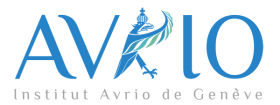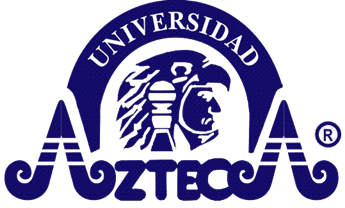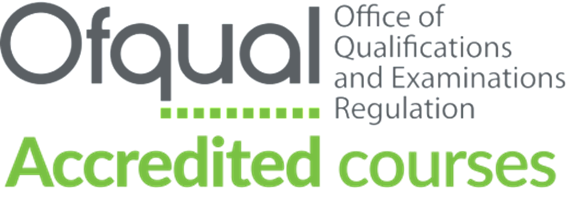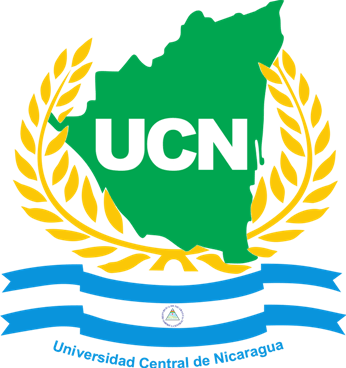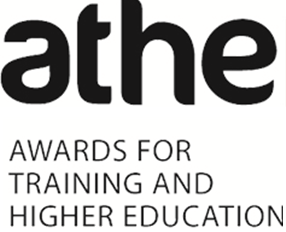Institut Avrio de Genève is one of those institutions in the world are offering Online BBA in Business IT where students are taught the basic principles of Business IT. This program spans to 3 years and includes all the courses necessary to develop IT management skills in students. Feel free to contact for more information.
The scope of IT is ever growing. All the emerging businesses around the world are shifting towards the use of IT for daily operations. Modern students must have proper knowledge about the management principles of the IT department adopted across various industries.
This program develops the following skills in the students:
- How to manage IT resources
- How develop a structured working hierarchy in the IT department
- How to foresee risks and how to manage these risks to avoid loss in the future
Those students who hold a genuine interest in business IT should choose this program for their higher education. You can learn and develop skills through the courses taught in this program. Students can pursue a successful professional career after the completion of this program.
The job opportunities that students can avail after this program are endless. They can utilize their skills to manage an entire IT department, supervise IT activities within the organization, and even help organizations devise the right IT management strategy.
Switzerland is a country with quality education and good facilities for the students. Students always seek an education system that can develop skills for a professional career. The programs offered by the Swiss education system are well-suited to the requirements of students. Bachelor program in the specialization of Business IT can be completed through virtual study as well from the Institut Avrio de Genève.
